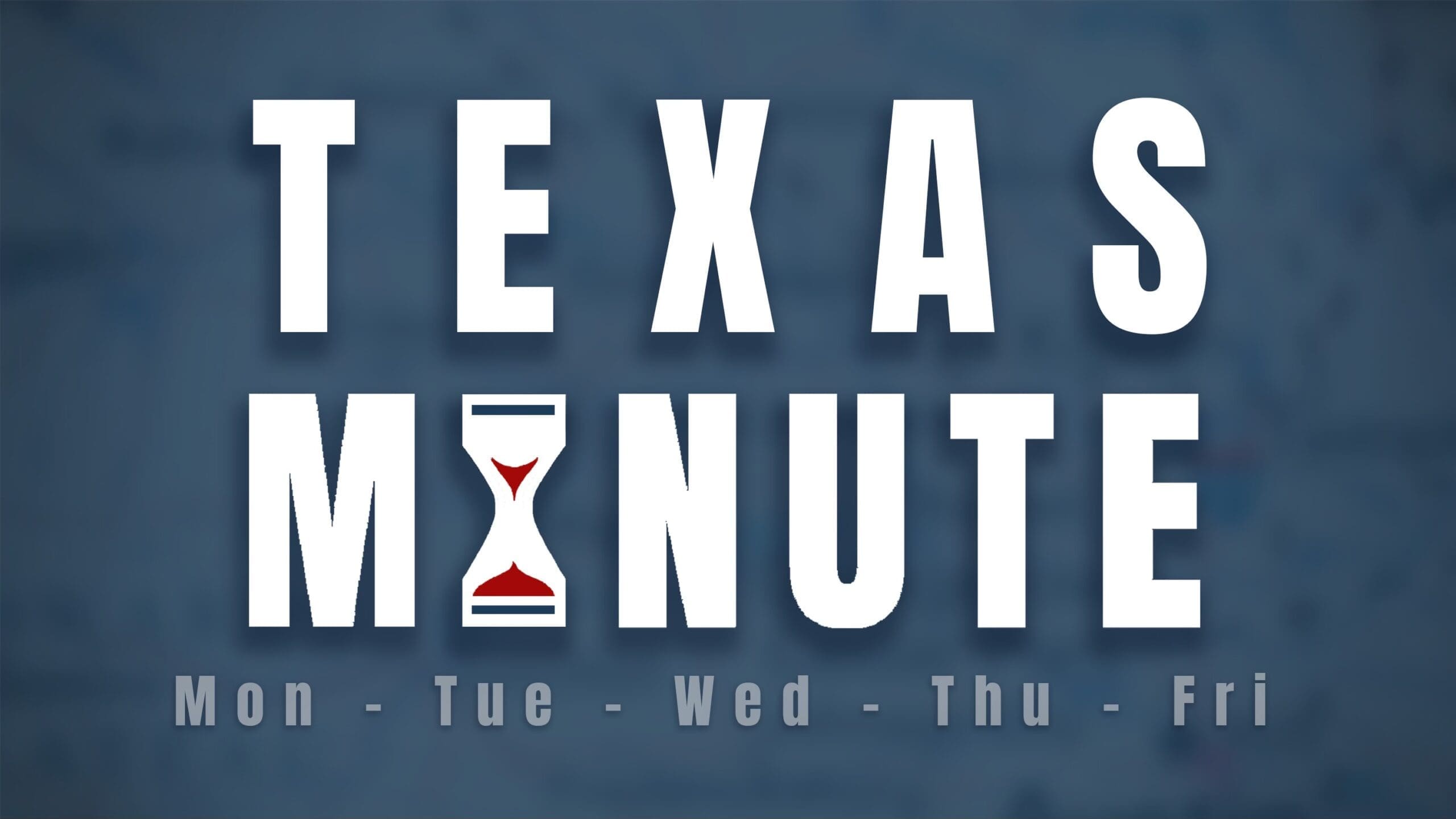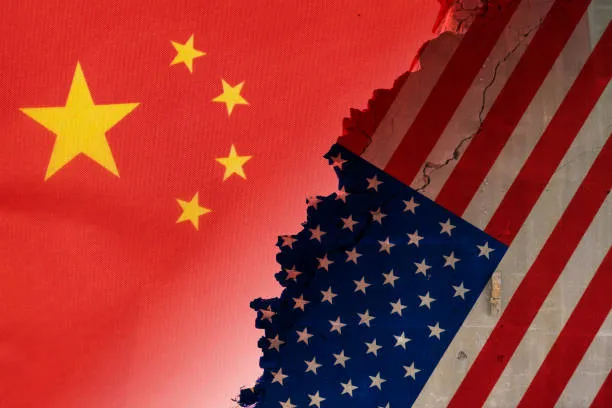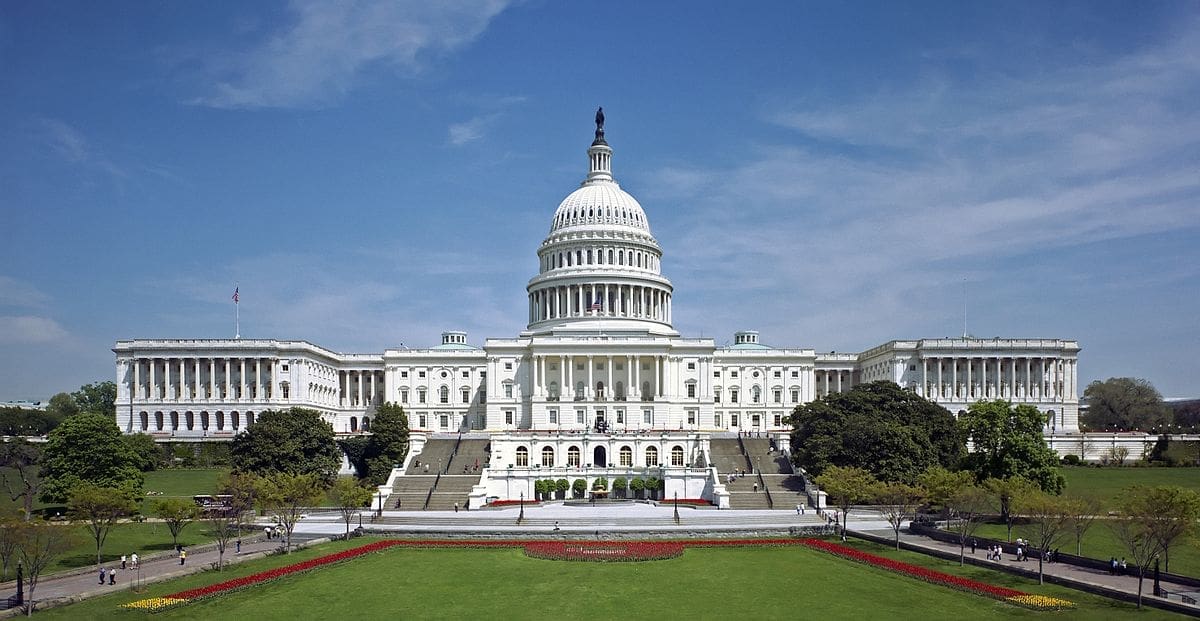Few things are more sacred in America, or empowering as individuals, than our vote. For some strange political calculus, Democratic gubernatorial nominee Bill White has aggressively opposed voting rights for those serving in the military. Yet at the same time, he undermines the security of the ballot box by refusing to support stronger voter identification laws.
In the 1990s, as chairman of the Texas Democratic Party, Bill White was a liberal activist that aggressively opposed military voting rights. But now, as his party’s candidate for governor, Mr. White would have Texans believe he supports the military and veterans.
Why did then-Chairman White become involved with what looks like a frivolous – if not malicious – lawsuit to hinder military voters from being heard in Texas?
Not only did he try to obstruct the counting of military ballots, Mr. White’s elitist opinion at the time suggested that military voters lack the sophistication to determine who should serve in state and local offices.
The Houston Chronicle recently quoted from a 1997 article in the San Antonio Express-News that reported, “White said military voters are entitled to have a say in the races for federal offices – president, vice president and the Congress – but not in state, county or local elections.”
This issue touches particularly close to home. While serving in Iraq during the 2008 general election, I mailed an absentee ballot with the expectation that my vote would be counted. I haven’t taken the time to check, but nothing would be more infuriating that to find out my access to the ballot box was infringed upon, particularly in “down ballot” races where every vote truly does count.
Mr. White later attempted to clarify his position, but seems to have actually made it worse by saying, “Military voters have every right to vote where their children are enrolled in school,” and “in local elections that determine city or county taxes, police and fire protection, etc.”
How would such a system even work in Bill White’s Texas? So a Texan serving on active-duty in Florida should vote in local elections there (if Florida agrees), but could also still vote for their Texas congressman via absentee ballot? Would this include having a Texan vote for the governor of Florida, but not Texas?
Furthermore, if you’re one of the thousands of Texans serving in the National Guard, you can’t vote for your state’s commander-in-chief (the position Mr. White is seeking) if you’re called to serve overseas or in a war-zone?
Now, Mr. White has also argued that it’s acceptable for military members to vote in a state or local election if they “have some connection with the place where they vote.” So maybe some Texans in uniform could vote in certain state and local elections. But all can vote in every federal race, right?
This might not be a problem for someone registering voters, but it certainly sounds like a nightmare for an election’s administrator. And it certainly would be an unnecessary hassle for those on the front-lines defending our freedoms.
Combining the perceived hostility Mr. White has toward military voters with his opposition to Voter ID, it would appear as though he would prefer to make it easier for someone here illegally to vote for the governor than for a Texan serving in uniform overseas.



